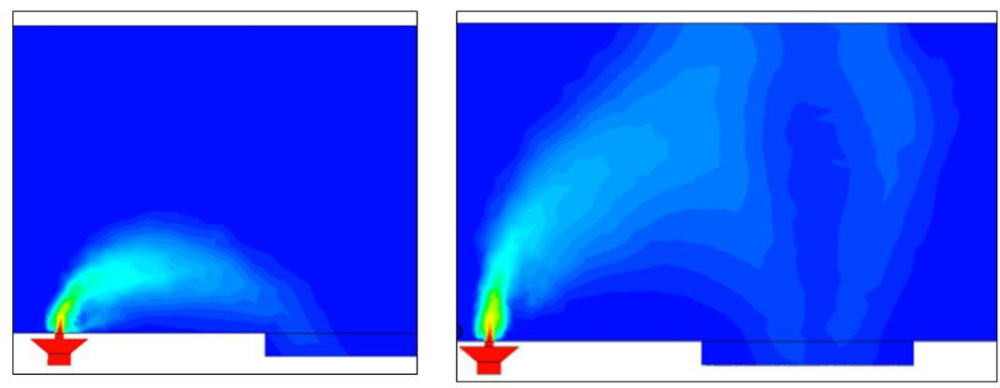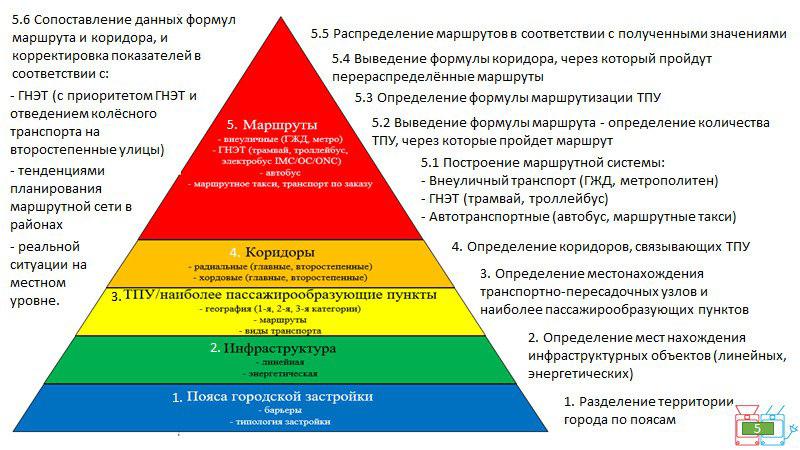 Development by Ekaterina Shatalova: experience in controlling the homogeneity of a gas-air mixture
Development by Ekaterina Shatalova: experience in controlling the homogeneity of a gas-air mixture
Saint Petersburg State University of Architecture and Civil Engineering took part in the VI International Transport Festival "TransportFest". As part of the business program on 23 May, students and teachers of the Faculty of Automobile and Road Building presented their projects and research papers.
At the technology session of the Children's Automobile Forum (CAF-2025), student Mikhail Smetanin presented the development of power frame elements for special vehicles, carried out under the supervision of Associate Professor at the Department of Transport Maintenance Sergey Vorobyov.
"The Keystone Auto company, which is a distributor of ALTAI brand trucks, set a technical task: to develop a power frame for a category No. 2 vehicle with a total load capacity of 12 tons, designed for the installation of special garbage collection superstructures. The department team completed the work on designing the power frame. The results have been implemented in the production process, and soon we will see these vehicles on the streets of our city," said Sergey Vorobyov.
Students Alena Isaeva, Dmitry Aleksandrov, Anastasia Tikhomirova and Andrey Garin (supervisor – PhD student Evgeny Trofimov) presented a report entitled “Safety, durability, storability, and maintainability of a traction battery using the example of a category 2 vehicle.”
As Anastasia Tikhomirova explained, a traction battery is a battery designed to ensure continuous operation of a vehicle. Unlike starter batteries, it is designed for deep discharges (long-term operation) and multiple charge cycles. A category 2 vehicle is a truck with a gross weight of 3.5 to 12 tons.
"Motor transport remains the main danger on the roads, many accidents happen every day. Given the growing number of electric vehicles and the active development of infrastructure for electric transport, the relevance of our project lies in the safety and operational reliability of such vehicles, increasing the service life of the battery and the convenience of its maintenance. We are successfully engaged in the conversion of vehicles to electric traction, previously we have already produced "Eletromus" vehicles and an electric tow truck based on MAN TGL 12.250," said Anastasia Tikhomirova.
Students Maria Raski and Ekaterina Shatalova presented a report entitled “Increasing the efficiency of using natural gas as a motor fuel in a gas-diesel engine”.
"Our faculty conducts research related to the use of alternative fuels. We began studying the use of natural gas as a motor fuel in a gas-diesel engine in September 2024. Expanding the use of natural gas as a motor fuel is a hot topic, and according to the energy strategy of the Russian Federation until 2050, the volume of natural gas (methane) consumption should increase 15 times. In Russia, gas buses are becoming more common, as manufacturers strive to reduce emissions and improve the environmental sustainability of public transport. In the process of studying this topic, we identified several problems related to the use of gas-diesel engines. The main problems include low efficiency and increased fuel consumption," said Ekaterina Shatalova.
To improve the efficiency of gas-diesel engines, students proposed the following approaches:
- increasing mixture homogeneity: optimizing the process of mixing gas and air can lead to more complete combustion and reduced energy losses;
- reducing gas losses during valve overlap: improving the design of valves and the control system can reduce leaks and improve the overall efficiency of the engine;
- switching to a gas-diesel cycle: studying and implementing a gas-diesel cycle, which combines the advantages of both gas and diesel fuels, can significantly improve efficiency and reduce consumption.
Young researchers are confident that these measures can improve the performance of gas-diesel engines and will help to more widely introduce natural gas as an alternative motor fuel.
The architecture of a sustainable transport system based on a planned-cyclical development strategy is the focus of attention of student Ivan Beshentsev (project manager - Deputy Head of the Department of Information Technologies and Intelligent Systems of St Petersburg State Unitary Enterprise "Gorelectrotrans" Aleksandr Figichev).
"The concept of a sustainable transport system is inextricably linked with a planned-cyclical development strategy. Sustainability implies a well-coordinated interaction of all elements of the city's transport framework - urban development belts, infrastructure, corridors and routes. For convenience, I have combined them into one pyramid. Each level has its own goal setting and takes on a certain transport load. Thus, the system as a whole is sustainable, and in order to maintain this sustainability in the long-term equivalent, it is necessary to apply a planned-cyclical development strategy. That is, pre-determined volumes of infrastructure necessary for sustainable development are introduced annually - primarily for electric transport," the student explained.
According to Ivan Beshentsev, the cyclicality concerns the implementation of repair work: each infrastructure facility has a certain life cycle, which is assessed based on the infrastructure load. In St Petersburg, this cycle is 25 years, and every year 24 km of infrastructure for electric transport is updated (we have 600 km in total). If less is repaired, the wear and tear of the infrastructure will be unacceptable for current operation. If more, this will negatively affect the transport situation.

